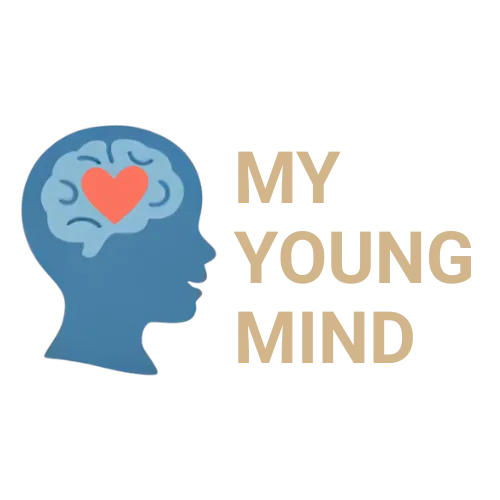
Signs Your Child May Have a Learning Difficulty — and What That Really Means
Signs Your Child May Have a Learning Difficulty — and What That Really Means
If your child is struggling with certain subjects or tasks at school, it’s natural to wonder:
“Is there something wrong?”
“Do they have a learning difficulty?”
These are big questions—and they matter. But before we jump to conclusions, let’s pause and take a closer look at what might really be going on.
Brains Work Differently — That’s Not Always a Problem
Every child’s brain is unique.
Some learn by doing. Others by listening. Some need to move, sing, draw, or talk it out. That doesn’t always mean there’s a learning difficulty. It often just means their brain takes a different route to understanding.
For example, I learned my GCSEs by turning facts into music and poems.
That wasn’t in the textbook. But it worked.
We all process the world in slightly different ways—and we always have.
We All Experience Learning Through State of Mind
Here’s something important that doesn’t get talked about enough:
When we’re in a calm, clear state of mind, learning often feels easier.
We absorb things quickly, make sense of new information, and feel more confident.
But when we’re tired, anxious, distracted, or self-conscious, even simple things can feel impossible.
So if your child says, “I have slow processing,” in one subject but not another, pause before assuming it’s a fixed learning difficulty.
That might actually be a clue about state of mind, not ability.
Be Careful What Becomes an Identity
One of the biggest dangers of a learning label—accurate or not—is that it can become an identity.
Your child starts to believe, “I’m not a maths person.”
Or, “I’m slow at reading.”
And once that belief takes root, the mind starts looking for evidence to prove it.
It notices the mistakes, the moments of struggle—and forgets all the times they understood, succeeded, or found a clever way around something.
This is how a temporary difficulty becomes a permanent story in their mind.
It’s innocent, but powerful.
Yes, We’re All on a Spectrum
There are children who benefit from extra support.
And there are genuine learning differences that need to be understood and embraced.
But it’s also true that all of us sit somewhere on a wide, diverse spectrum.
And school tends to focus on a narrow way of doing things.
That’s why understanding your child’s individual way of learning is so helpful—because there’s more than one right way to learn.
What Schools Are Already Doing
It might surprise you to know that schools are using a wide variety of tools to support all learners—not just those with a diagnosis.
Here are just a few strategies already happening in most classrooms:
Pre-teaching vocabulary — helping children understand key words before they appear in a lesson.
Chunking — breaking tasks into smaller, manageable steps.
Games — playful ways to test and reinforce learning.
Dual coding — using images and words to explain new concepts.
Practical, hands-on learning — acting things out, using the body to make shapes (like forming letters), or using real-world examples.
Think, pair, share — time to reflect, speak, and listen before answering.
Scaffolding — giving just enough support to help them take the next step on their own.
Differentiation — adjusting the level or style of work to match where the child is.
Many of these strategies are helping children who learn in different ways thrive—without ever needing a formal label.
So What Should You Look Out For?
If you’re concerned about your child’s learning, here are some signs that may want to look out for:
Consistent struggles across multiple subjects, not just one.
Difficulty with basic tasks like remembering instructions or organising thoughts.
Avoidance around schoolwork that doesn’t improve or fluctuate over time.
But even then, a label is only ever a tool—not a full picture.
What matters most is your child’s experience of themselves.
Help Your Child Stay Curious — Not Defeated
The most helpful thing you can do is keep your child open to possibility.
Let them know:
Struggling with something doesn’t mean you’re broken.
Your brain can grow and adapt in incredible ways.
Who you really are goes far beyond your schoolwork.
And remember, you don’t need to have all the answers.
The way you see your child — as capable, creative, and full of potential — is the message they’ll start to believe about themselves.
If you're concerned your child may be struggling with learning or want to better understand how to support them, you're not alone.
I offer 1:1 coaching programs for parents and young people to help navigate learning challenges with more clarity, confidence, and calm.
If you'd like support, visit myyoungmind.com to learn more.
